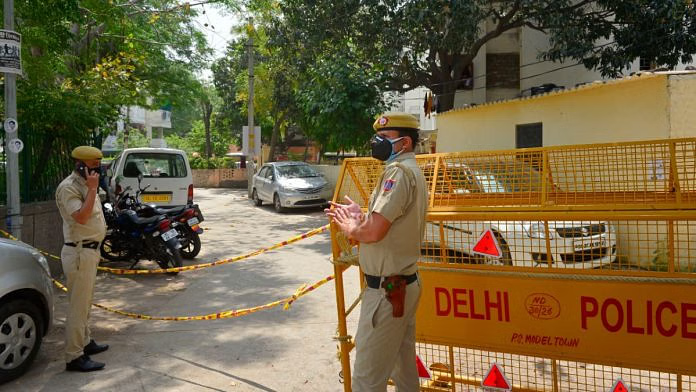Now Reading: Woman’s Fat-Shaming Rant on Bike-Taxi Sparks Outrage: “Main kahan baithungi?”
-
01
Woman’s Fat-Shaming Rant on Bike-Taxi Sparks Outrage: “Main kahan baithungi?”
Woman’s Fat-Shaming Rant on Bike-Taxi Sparks Outrage: “Main kahan baithungi?”

A viral video showing a woman mocking her Rapido bike-taxi driver’s weight—while hiding behind a curtain—has triggered a fierce backlash online. Her comments, including the remark “Main kahan baithungi?” (Where will I sit?), drew widespread criticism for body-shaming and class insensitivity. The incident has sparked serious debate about public decency and accountability on digital platforms.
Introduction
In a widely shared clip, a woman films a Rapido driver from behind a curtain and mocks his size, saying she had to cancel the ride because she couldn’t sit. The video quickly went viral, provoking outrage for its insensitive tone. Many viewers condemned the act as degrading and uncalled for. What started as a casual post ignited a broader conversation on empathy, digital ethics, and the dignity of gig workers.
The Video That Set Off Alarm Bells
The woman’s laughter-filled tone, combined with derogatory remarks about the driver’s body, upset many. She admits to filming him secretly to avoid offending him—but proceeds to mock him publicly. She cancels the ride mid-clip after joking about his size. The secrecy and cruelty of the moment struck a nerve.
Online Anger and Demand for Accountability
Social media responded sharply. Commenters pointed out the double harm: embarrassment caused to the driver, and how the video normalized bullying. Thousands pressured ride-hailing platforms like Rapido to act, calling for removal of such content and action against the user. Many questioned why the woman didn’t simply cancel the ride quietly instead of filming.
Why the Issue Matters for Tier 2 India
In smaller cities and towns, respect and dignity outweigh sensationalism. Gig economy workers—drivers, delivery riders, helpers—are often from modest backgrounds. A public act like this resonates differently in regions where community values emphasise empathy. The episode highlights the emotional toll of mockery on vulnerable workers, many of whom hail from these smaller regions.
Balancing Views: Public Rights and Digital Conduct
It’s true that users can cancel rides. But filming someone without consent—especially to shame—is not just unethical; it borders on harassment. The driver wasn’t accused of any wrongdoing; he was simply doing his job. Public figures and ordinary users alike must consider personal impact when sharing viral content. This case raises questions about digital responsibility and the power imbalance between content creator and subject.
Conclusion
This incident was more than cruel entertainment; it was a wake-up call. It illustrated how easily the internet can become a stage for unchecked ridicule—and why we need to pause before sharing. For India’s growing gig workforce, it’s a reminder of how subtle gestures online can have real-world consequences. If digital platforms want to promote respectful interaction rather than humiliation, moments like these should spark change—not just outrage.

























